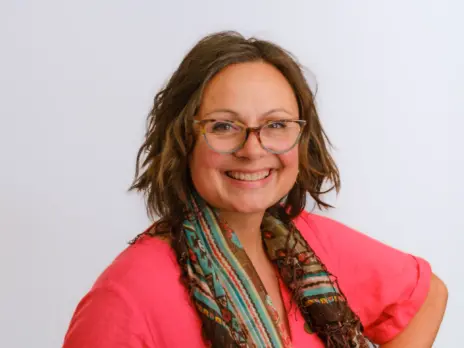
I went to Nigeria without a commission, without the backing of a broadcaster. I felt frustrated and I felt for Robert Coburn, whose research my story was based on. He had spent years working on this and trying to get it commissioned.
When he told me about it, I thought: ‘This is a great story, it has got to be done.’But then when I got knocked back by broadcasters I said: ‘Bugger this, I’m just going to go get the story myself, bring it back. Someone will pick it up and it happened. It paid off.”
I’d no idea what Nigeria would be like before I went. I thought it would be like Kenya, where I’d been before and where you can freely film. You can’t just pull out your camera and film in public. Everytime I tried to pull out my camera, even trying to do street scenes from my car, I had gangs – area boys – surrounding my car, trying to get to me and beat me up.
I travelled in a van with an American and some students who were helping me out because I couldn’t afford a fixer. We were stopped in traffic in the town of Onitsha, the students were pulled out, beaten up and they took me and the American – because we were white – to ‘the godfather’where they asked for 100,000 US dollars for our release.
It wasn’t until the federal police came later that we were released. I kept quiet and calm at that point – I took a hostile environment course in which you’re advised to keep calm in these situations. Internally, I was freaking out.
Without [Nigeran drugs regulator] Doctor Dora Akunyili, I could never have made this story. In the end it was Dr Dora who in a way acted as a fixer. It was she who helped me get all the interviews I needed for the story. She drew up a schedule for me containing everything I needed to get.
I felt it was an incredibly important story. We had a million children under the age of five dying from malaria each year. This is a disease that should be easily curable in the 21st century and yet it’s not. And why? Because the global racket in fake medicine has been allowed to proliferate unchallenged.
Pharmaceuticals companies are no longer silent on this issue. They are now admitting their drugs are being counterfeited. The companies are working with Dr Dora to cut down on this racket.
Email pged@pressgazette.co.uk to point out mistakes, provide story tips or send in a letter for publication on our "Letters Page" blog






